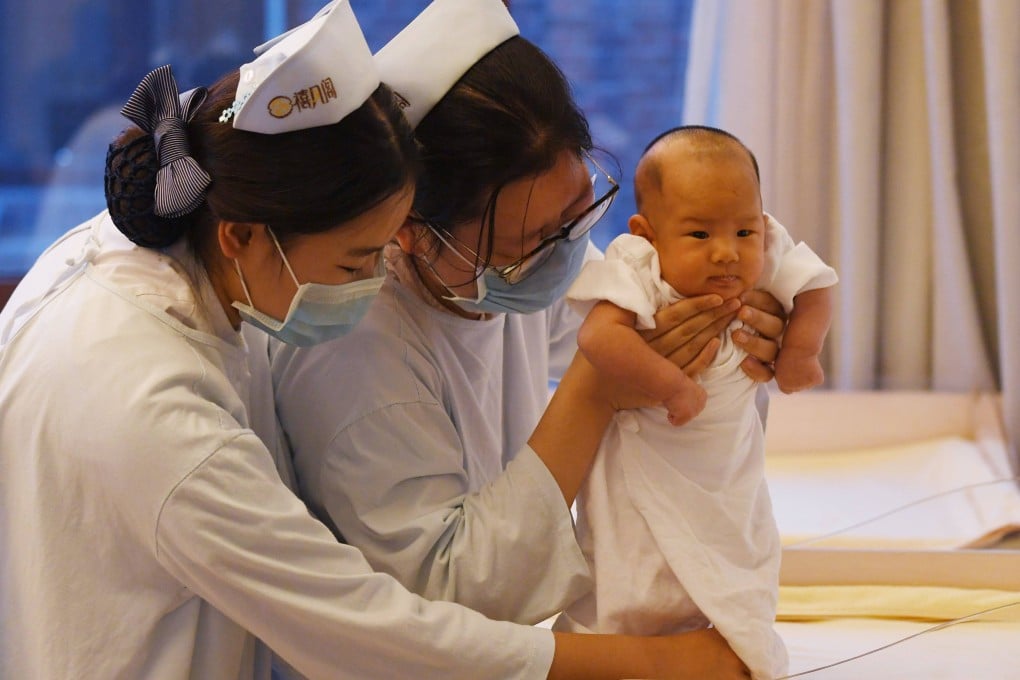China’s family planning agency says it will ‘intervene’ in abortions for unmarried women, teens
- It aims to ‘improve reproductive health’ and will set up a task force for education and communication projects, according to plan outlining key initiatives for the year
- Association will also roll out pilot public health programmes to encourage Chinese to have more than one child, as it tries to reverse declining birth rates

China’s family planning agency says it will “intervene” when unmarried women and teenagers seek abortions and promote traditional values to encourage people to have more children, as it tries to reverse declining birth rates.
In a plan outlining key initiatives for the year, the China Family Planning Association said the intervention to reduce the number of abortions was to “improve reproductive health”. It said a task force would be set up for education and communication projects in this area, but no further details were given.
The plan, released in late January, also calls for a pilot public health programmes to encourage Chinese to have more than one child.
China is grappling with the challenges of an ageing population, and its declining birth rate had prompted Beijing to end its decades-old one-child policy in 2016. Births have continued to fall since then, reaching a record low of 12 million in 2020.